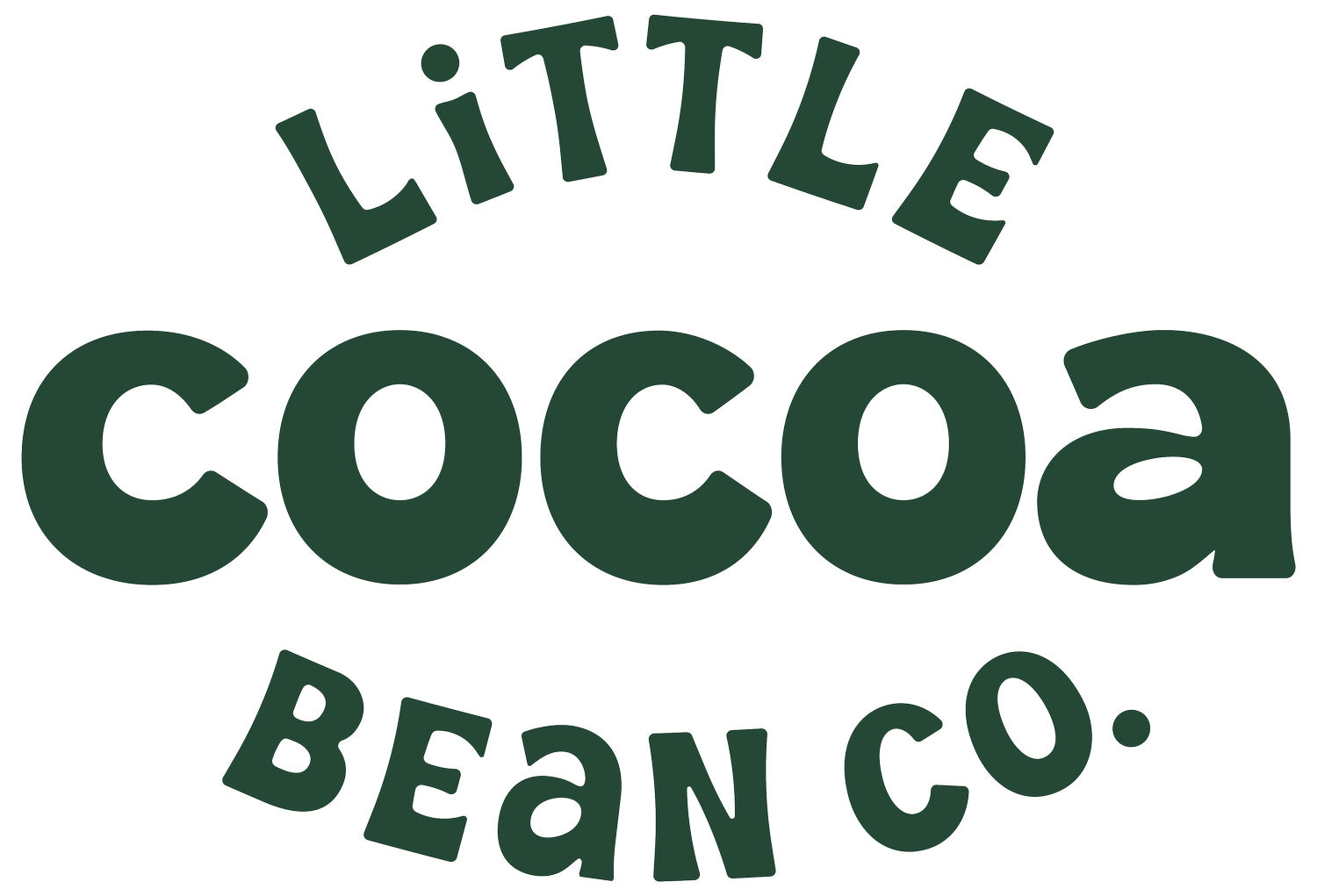Signs That Your Baby Is Ready For Solids
This article, like many others found on our site, was created in partnership with our nutritionist. The information presented is based on research and practice. Ultimately whatever diet and health-related decisions you make for your baby should be done after consulting with your baby’s pediatrician.
Starting solids is an exciting time. A whole new world is about to open up for you and your baby. It can also be frustrating and scary but we’re here to help. Here are some research-based things to consider when transitioning to solids.
1. Are baby's digestion and motor skills ready?
With little direct evidence for the best time to transition to solid food, we only have a best guess based on what experts know about typical development and health outcomes. Current research suggests that the digestive system of most babies becomes mature enough to digest solids between 4 and 8 months of age.
Some signs to suggest a baby food diet can include solids are:
· They express interest in food and are ready and willing to chew
· They accept food without pushing it out with their tongue
· Their first few teeth are starting to poke through
· They can sit up unassisted
· Early skin conditions, constipation, and reflux have cleared up
· If your child had reflux, colic, skin conditions, or persistent constipation or diarrhea as an infant, it’s more likely that they will struggle to digest certain foods later on. Getting support to resolve these digestive-related issues first can make the transition to solids more seamless.
2. How can you meet your child’s changing nutritional needs?
Some studies suggest that while the nutritional quality of breast milk is perfect for infants, by the time a baby is about six months old it struggles to keep up with their expanding nutritional needs. This makes six months an appropriate time to start offering easy-to-digest, nutrient dense foods like fruits, vegetables, and healthy fats to accompany the amazing health-enhancing properties of breast milk and to maintain baby’s gut flora.
Most health agencies now agree that a baby will get the most health benefits from being exclusively breastfed for six months, at which point complementary foods can be added. For parents who are using formula, studies suggest carefully starting a baby food diet of solids a bit earlier because healthy whole foods expand your ability to nourish your baby’s immune system.
3. How can you support your child’s immune system development?
Researchers learned recently that our body’s most densely populated area of immune cells is in our gut lining. Since one in two adults struggle with an immune-related health condition, this discovery spawned a huge interest in understanding how we can influence the immune system by focusing on the health of the gut.
Currently, we know that poor mucosal integrity along with a lack of microbial diversity contribute to the development of immune-related conditions like asthma, eczema, allergy, and autoimmune disease. Furthermore, it seems that the first two years of life represent a programming period for our gut ecosystem, a time where our microbes organize themselves and settle into a pattern that might persist throughout our lives. This theory has become known as “microbial programming”. These good bacteria, or gut flora, need our love and attention right from the start, and there are easy ways for building baby's belly bacteria once you introduce an expanded baby food diet.

